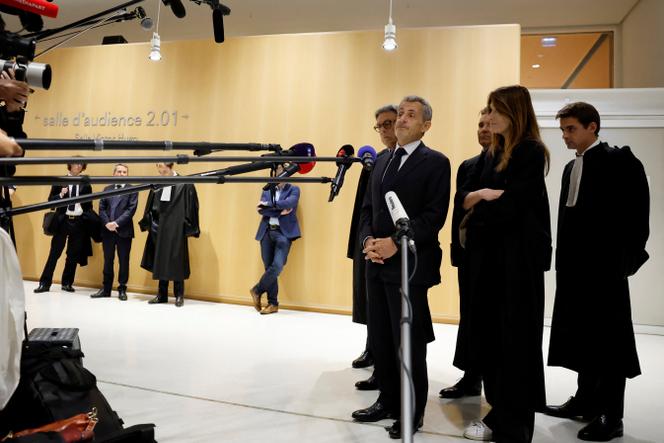


According to Nicolas Sarkozy, who spoke at length in the weekly paper Le Journal du dimanche after his conviction on Thursday, September 25, to five years in prison over the Libyan financing of his 2007 campaign, the republic itself was shaken by the verdict. "It is not me who has been humiliated, but France, by these practices so contrary to the rule of law," he declared, denouncing what he called "special treatment" from the judiciary. "This verdict is, in reality, the collapse of almost the entire case," the former president stated. Since Thursday evening, some of his supporters, both close and further removed, have decried the ruling as relentless persecution, even calling it a judicial coup. This outcry had barely subsided when news broke that the president of the Paris tribunal who handed down the judgment had received death threats. On Sunday evening, President Emmanuel Macron responded in a message posted on X, reminding the public that "the rule of law is the foundation of our democracy" and condemning the threats against judges as "unacceptable."
Attacks on judges have gained momentum in political discourse, particularly since Marine Le Pen was sentenced on March 31 in the Front National (renamed Rassemblement National, RN) parliamentary assistants case. But, in France, politicians inspire above all the greatest distrust. Certainly, Sarkozy's conviction will do little to change that. But the judgment against him, for acts committed when he was not president, is the culmination of decades of efforts to clean up public life, driven by a public increasingly intolerant of corruption. According to the latest confidence barometer by Sciences Po's Centre for Political Research (Cevipof) in February, three quarters of respondents viewed French elected officials and political leaders as "rather corrupt." In the same survey, only a narrow minority expressed trust in the judiciary: 44%.
You have 68.24% of this article left to read. The rest is for subscribers only.
